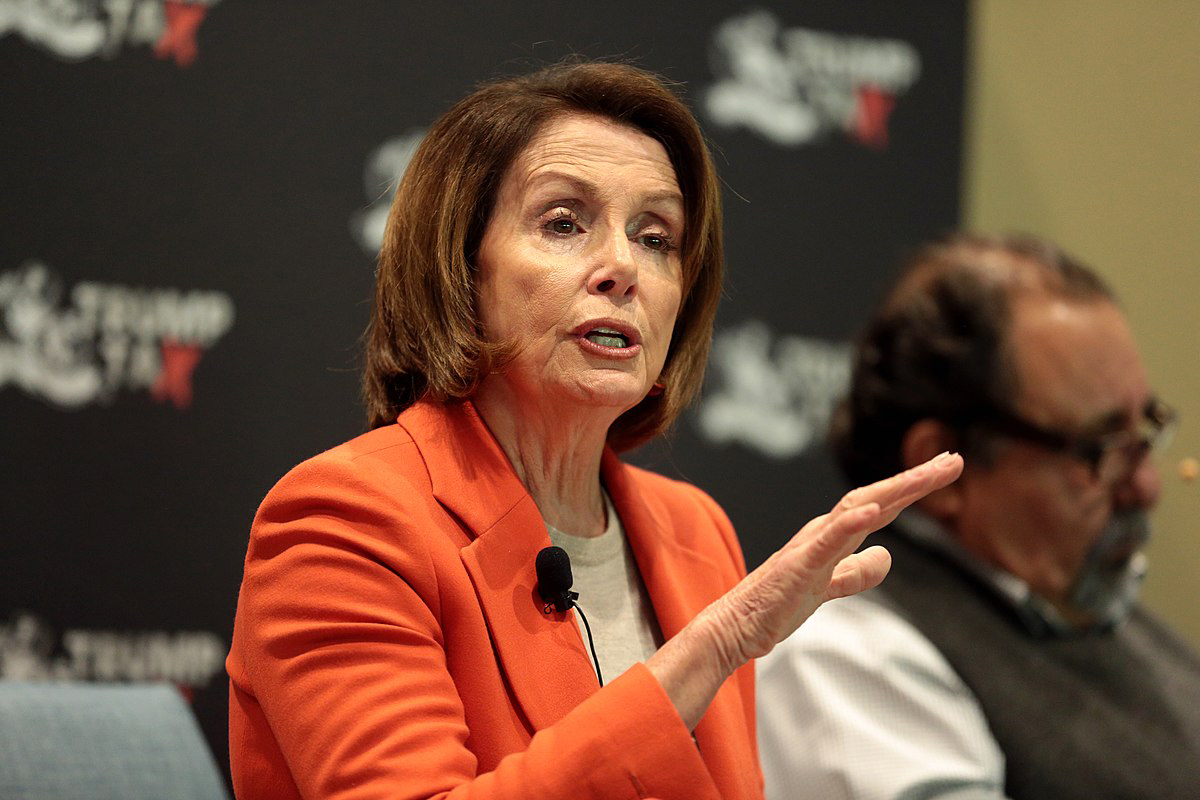Washington: Five to Follow

The smarter way to stay on top of the multichannel video marketplace. Sign up below.
You are now subscribed
Your newsletter sign-up was successful
WASHINGTON — When Democrats take over the House next month, there will be some big changes made in how Congress oversees the FCC — just one of the things to watch for inside the Beltway in the new year.
But with a Republican Senate and president, the deregulatory agenda of Federal Communications Commission chairman Ajit Pai should not see too much disruption amid the bluster and blowback.
Here are five things to watch for as D.C. rings in the new year.
1. Investigations and hearings galore: House Democrats have been champing at the bit to get the committee and subcommittee chairmanships that give them the power to schedule legislative and agency oversight hearings and to conduct investigations with subpoena power. They’re likely to get a lot of mileage out of that newfound power when it comes to the FCC.
Expect hearings with edge providers and FCC and Federal Trade Commission chairs and potentially investigations into everything from Lifeline subsidies to the FCC’s net neutrality docket.
2. Restoring internet regulation: Democrats in the House will try to come up with legislation to restore rules against blocking, throttling and paid prioritization. They could likely get buy-in for rules against the first two from Republicans and internet service providers as long as a bill does not include reclassifying Internet access as a Title II common carrier service. But whether Democrats will give up that fight remains to be seen.
Dems already tried to nullify the rule rollback using a Congressional Review Act resolution, but though they have through the end of the lame-duck Congress before that vehicle runs out of gas, they are still quite a few Democrats short.
The smarter way to stay on top of the multichannel video marketplace. Sign up below.
A Democratic Hill source speaking on background said there is definitely still an appetite to restore the rules.
3. Media ownership momentum: There could be movement on the media ownership front. The FCC has launched its quadrennial ownership rules review, which will take months and draw lots of input from stakeholders. At issue in that review, among other things, are the local TV ownership rules, which cable operators argue allow station owners to gang up in retrans disputes.
The FCC has announced no tentative conclusions, so stakeholders will be trying to push their respective conclusions. The 39% national TV station audience-reach cap and associated UHF discount are not part of the review, but the FCC will be looking at those on a parallel track.
4. Wariness on IoT: The Internet of Things, which is fast become the internet of everything, will draw increasing regulatory scrutiny.
There are a variety of related issues. Cybersecurity is arguably highest on Congress’s to-do, or at least make a “to-do” about, list.
IoT is also one of the things driving the push to free up more spectrum for 5G, which will be connecting a lot of those internet-connected devices.
The FCC is planning to launch the 24 GHz auction as soon as the current 28 GHz auction wraps up, which could be soon. Then there are three more spectrum auctions teed up for next year.
And while broadband deployment is already a digital divide that needs bridging, particularly in rural areas, it will become exponentially more so as thermostats, refrigerators and cars start exchanging data over broadband connections. Privacy issues surround all that connected data.
The Federal Trade Commission is currently the privacy cop on the beat. Look for Dems, and some Republicans, to try and get the FTC more money and more authority, including civil penalty authority, over privacy violators.
5. De-FAANGing the Edge: More than one legislator has predicted (or threatened) that the “Wild West” days of edge providers such as Facebook, Apple, Amazon, Netflix and Google escaping regulatory scrutiny are over. Look for more events like the oversight hearing with Google CEO Sundar Pinchai, and a push by House Dems for privacy legislation that does not preempt stronger state efforts, such as California’s privacy bill.
House Democrats have bristled at Republicans’ focus on allegations of Silicon Valley censorship of conservative speech, though Facebook chairman and CEO Mark Zuckerberg concedes that GOP concern is understandable given the liberal tilt of the Valley.
When it comes to the size of those companies, the amount of data they collect and share, and their power to be a platform for all kinds of speech — including racist and hateful speech — the Democrats are plenty interested. They’ve made noises about shaking up, if not breaking up, the companies whose market cap collectively dwarfs those of content distributors or ISPs. “Government scrutiny of internet platform unaccountability is here to stay because it is a strong bipartisan concern and interest,” Scott Cleland, chairman of the internet service provider-backed group NetCompetition, said.
Contributing editor John Eggerton has been an editor and/or writer on media regulation, legislation and policy for over four decades, including covering the FCC, FTC, Congress, the major media trade associations, and the federal courts. In addition to Multichannel News and Broadcasting + Cable, his work has appeared in Radio World, TV Technology, TV Fax, This Week in Consumer Electronics, Variety and the Encyclopedia Britannica.

